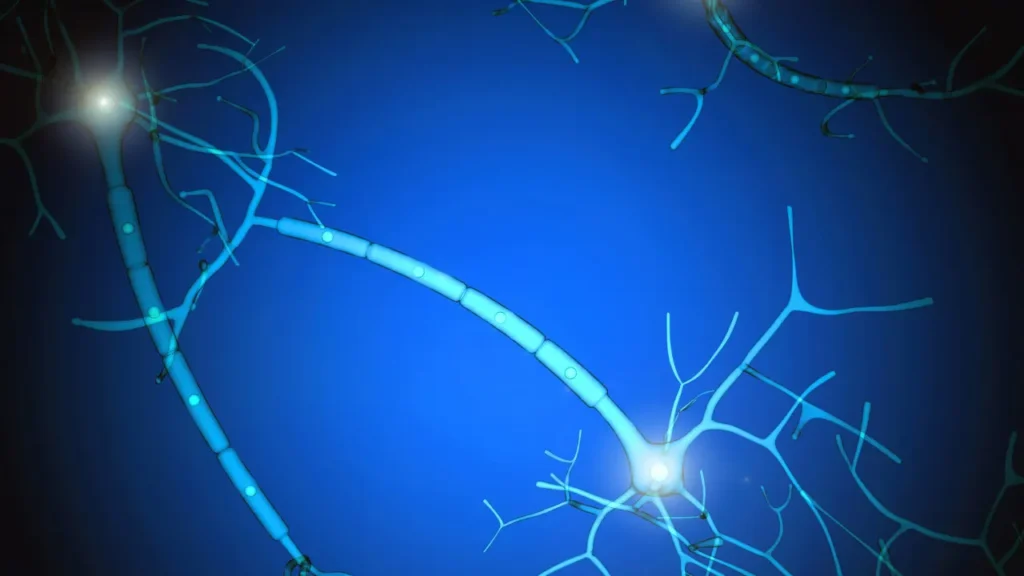The herbaceous plant valerian (Valeriana officinalis), endemic to Europe and Asia, is well-known for its sedative effects. The plant’s root is abundant in active substances, which is thought to help explain some of its therapeutic benefits. Traditional uses of valerian have included calming effects and sleep aids, but more recent studies have indicated that it may also benefit cognitive performance. To responsibly use valerian as a nootropic supplement to improve alertness, focus, and cognition, this piece will examine valerian’s nature, health benefits, ideal dosage, side effects, possible drug interactions, and other relevant information.
You May Also Like:
Should You Try CBD for Focus? Here Are the Facts.
CBD for Concentration: The Productivity Hack for Energy and Focus
Valerian (Valeriana officinalis): Benefits, Dosage, Side Effects, Drug Interactions, And Other Important Information is an original (NootropicsPlanet) article.
Nature of Valerian
Valeriana officinalis is a member of the Valerianaceae family and a resident of Europe and Asia. The plant has fragrant white or pink blooms and can reach a height of 1.5 meters. The main ingredients in valerian root include valerenic acid, which is thought to cause sedative and anxiolytic effects.
Health Benefits of Valerian
Traditional uses of valerian include its calming and anxiolytic effects. Recent studies have indicated that it might also be advantageous for cognitive performance.
- Sleep: Valerian is a popular slumber aid. Several studies have suggested that it may help shorten the time it takes to fall asleep and improve the quality of sleep. One study discovered that valerian could increase sleep quality, and a prescription sleeping pill could have fewer side effects.
- Anxiety: Additionally, valerian may help with nervousness. Though the evidence is not yet clear, several studies have indicated that it may help reduce anxiety symptoms.
- Mental Ability: There may be advantages to valeriana for cognitive function, according to a recent study. In one research, healthy adults’ reaction times and accuracy on a visual attention test were improved after taking a single dose of valerian extract. Another study discovered that elderly patients with dementia who used valerian extract regularly experienced better cognitive function.

Chemistry of Valerian
The active ingredients in valerian plant include valerenic acid, valeranone, and valerenol. These elements are thought to play a role in the plant’s calming and anxiolytic effects. The root contains the highest concentrations of valerenic acid, which is believed to be the main active ingredient. Numerous additional substances that could have therapeutic benefits are also found in valerian. These include iridoids, which are antioxidants, and flavonoids, which have anti-inflammatory effects.
Physiological Mechanism of Action
Uncertainty surrounds the precise valerian mode of action. However, it is thought to influence the brain’s gamma-aminobutyric acid (GABA) signaling system. GABA is an inhibitory neurotransmitter that aids in reducing anxiousness and calming the nervous system.
It has been demonstrated that valerenic acid binds to the brain’s GABA-A receptor, increasing GABA’s action. This decreases neuronal excitability and raises inhibitory tone, which can have a calming impact.

Optimal Dosage of Valerian
The ideal valerian dosage relies on the user and the intended use. Studies have found that taking 300–600 mg of valerian root extract 30–60 minutes before nighttime can help people fall asleep. Valerian extract doses of 120-200 mg given twice daily have been used to treat anxiety. Studies have used doses of 120–600 mg of valerian extract daily as a nootropic supplement for cognitive performance.
It’s essential to remember that supplements containing valerian can range significantly in terms of potency and quality. It is advised to pick a high-quality supplement from a trustworthy supplier and to abide by the dosage instructions on the label.
Side Effects of Valerian
When taken at recommended doses, valerian is usually regarded as safe. However, some people may suffer adverse effects, such as:
- Drowsiness: Valerian is a sedative, so it can make you sleepy, particularly at higher doses. After taking valerian, it’s essential to refrain from driving or using power equipment.
- Headache: Headaches are a potential side effect for some people who take valerian.
- Stomach Ache: Some people may experience sickness, diarrhea, and digestive problems due to valerian.
- Dry Lips: Some people may experience dry lips after taking valerian.
- An Allergic Response: Rarely, valerian may result in an allergic response, including rash, hives, and breathing difficulties. Seek immediate medical attention if you encounter any of these symptoms.

Potential Substance Interactions with Valerian
Other prescription drugs and dietary additives, such as:
- Sedatives: The sedative properties of valerian can intensify those of other sedatives like alcohol, benzodiazepines, and barbiturates.
- Antidepressants: Tricyclic antidepressants and selective serotonin reuptake inhibitors (SSRIs) are two types of antidepressants with which valerian may combine. (TCAs).
- Anticonvulsants: Interactions between valerian and seizure drugs like phenytoin and valproic acid are possible.
- Blood Thinners: Warfarin and aspirin are just two examples of blood-thinning drugs that can combine with valerian.
If you take any prescription medications or dietary supplements, consult your doctor before taking valerian.
Best Responsible Uses of Valerian
Valerian can be a helpful nootropic supplement for those looking to improve their alertness, concentration, and cognition, as well as their sleep and anxiety levels. However, using valerian sensibly and adhering to the label’s suggested dosage is crucial.
Additionally, if you take any medications or supplements, it’s crucial to pick a high-quality supplement from a trustworthy manufacturer and to consult a healthcare professional before taking valerian.
Valerian (Valeriana officinalis):
Conclusion
Valerian is a natural remedy with many potential health benefits, particularly in promoting relaxation, reducing anxiety, and improving sleep quality. Its long history of traditional use and growing scientific evidence support its efficacy in helping individuals manage stress and sleep-related issues. While further research is needed to fully elucidate the mechanisms of action and long-term effects of valerian supplementation, existing evidence suggests that it can be a safe and effective option for individuals seeking natural solutions for stress relief and sleep support.
However, it’s important to note that individual responses to valerian may vary and may interact with certain medications or health conditions. Therefore, consulting a healthcare professional before starting valerian supplementation is advisable, especially for those with underlying health concerns or those taking prescription medications.

References:
- Valerian – Health Professional Fact Sheet. Link: https://ods.od.nih.gov/factsheets/Valerian-HealthProfessional/
- Valerian: A safe and effective herbal sleep aid? Link: https://www.mayoclinic.org/diseases-conditions/insomnia/expert-answers/valerian/faq-20057875
- Valerian – an overview. Link: https://www.sciencedirect.com/topics/neuroscience/valerian
Important Note: The information contained in this article is for general informational purposes only, and should not be construed as health or medical advice, nor is it intended to diagnose, prevent, treat, or cure any disease or health condition. Before embarking on any diet, fitness regimen, or program of nutritional supplementation, it is advisable to consult your healthcare professional in order to determine its safety and probable efficacy in terms of your individual state of health.
Regarding Nutritional Supplements Or Other Non-Prescription Health Products: If any nutritional supplements or other non-prescription health products are mentioned in the foregoing article, any claims or statements made about them have not been evaluated by the U.S. Food and Drug Administration, and such nutritional supplements or other health products are not intended to diagnose, treat, cure, or prevent any disease.


